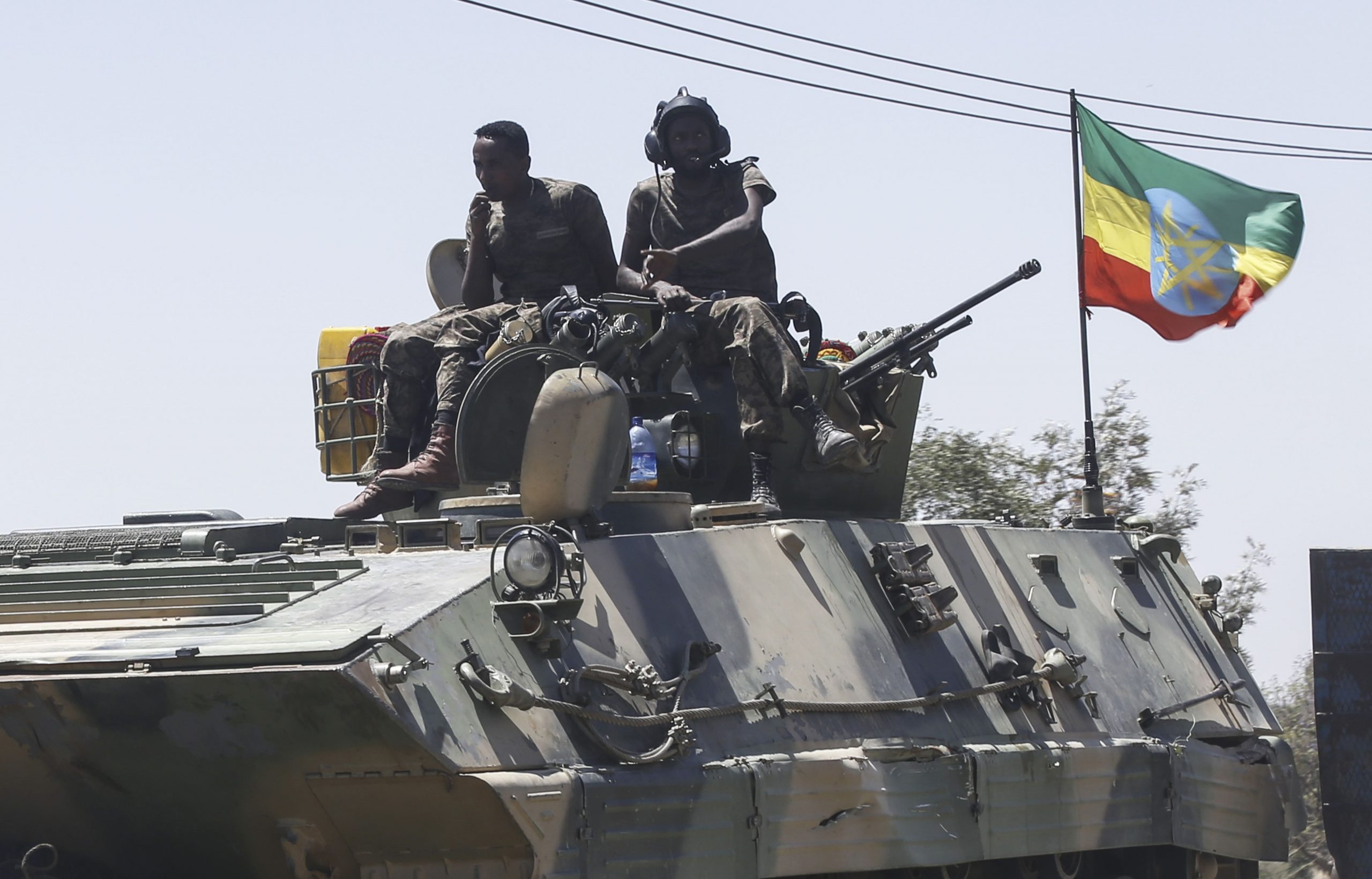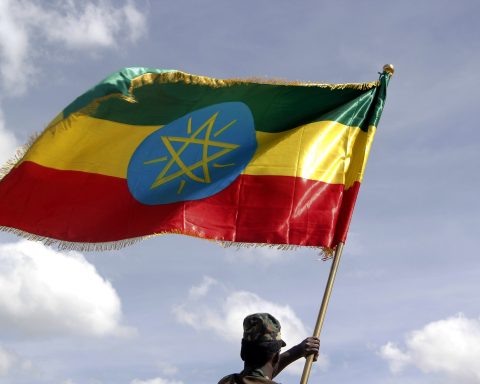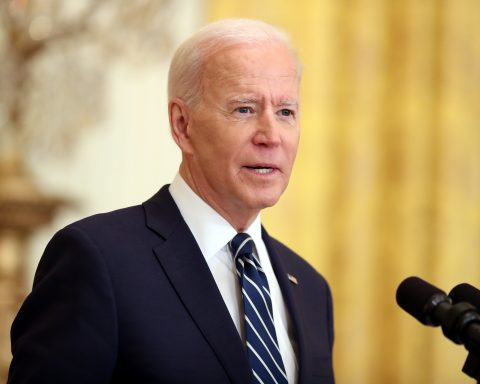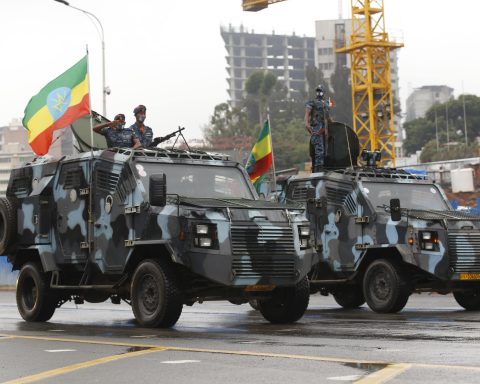The internal conflict between the central government and the Tigray People’s Liberation Front (TPLF) in Ethiopia gained an important dimension when the TPLF first took the city of Dessie outside the borders of Tigray and advanced into Amhara. Therefore, this internal conflict has now overflowed within the borders of Tigray, and the advance of the TPLF has advanced towards the capital Addis Ababa.
The day before a state of emergency was declared in Amhara, it was reported that the city of Dessie was under the control of the TPLF by local residents. However, Addis Ababa did not make any statement on the subject. Dessie has strategic importance due to its location on the highway line from Djibouti to the capital Addis Ababa, and its proximity to the commercial city of Kombolcha. It was stated that clashes with heavy weapons had been going on in Dessie for weeks.
On the other hand, TPLF Spokesperson Getachew Reda, in a statement on the social media account, demanded the surrender of Ethiopian army members, which he claimed were scattered in Afar, Wollo, and Gondar. Reda had also warned the people in Dessie and Kambolcha, where clashes had been going on for weeks, not to leave their homes. As a matter of fact, TPLF supporters shared some images of Ethiopian soldiers being captured on social media.
In the following process, a state of emergency was declared in the Amhara province in Ethiopia, where TPLF members attacked, and a nine-item decree was issued. In the context of the decisions taken, a curfew was declared throughout the Amhara state; activities of official institutions were suspended; the gathering of all official vehicles in one place to be used in emergencies was decreed, and it was noted that private vehicles could also be used in case of need.
Months later, Ethiopia resumed airstrikes in the region on October 18, where the United Nations (UN) announced that civilians, including women and children, were injured in some attacks. Although the army achieved partial success in the operations launched against the rebels in November 2020, it withdrew from Tigray’s capital Mekelle on June 28, citing the humanitarian situation in the region. After the TPLF’s advance in the Amhara and Afar provinces, the army counterattacked. Conflicts lasting for 11 months in the north of the country have displaced approximately 2.5 million people, and more than 5 million people are in need of urgent assistance.
Federal troops and the TPLF, which had controlled Ethiopian politics for over three decades before Prime Minister Abiy Ahmed was selected in 2018, went to war nearly a year ago. Thousands of civilians have been killed, and more than two million people have been forced to abandon their homes as a result of the violence. Tigrayan forces were first defeated, but in July they reclaimed the majority of Tigray. They subsequently advanced into the Amhara and Afar districts, displacing hundreds of thousands of inhabitants. In Tigray, Amhara regional forces fought alongside the military. The two regions of Amhara and Tigray have a long-running boundary dispute over farmland in Western Tigray, currently under the control of the Amhara administration.
The Tigrayan forces announced in mid-October that the military had launched an attack to force them out of Amhara. The military has claimed that Tigrayan forces are to blame for the recent round of warfare. Tigrayan forces have stated that they will continue to fight until Amhara forces leave Western Tigray’s heavily guarded sector and the government allows free movement of aid into the rest of the country. The UN has already accused the government of imposing a de facto blockade on Tigray, where the UN estimates that 400,000 people are starving.
As a result, the expansion of the conflicts in Tigray, one of the 13 hot spots in Ethiopia, to the point where it now threatens the capital of the country, may affect other hot spots. From this point of view, the “Balkanization” of Ethiopia does not stand as a distant possibility.














